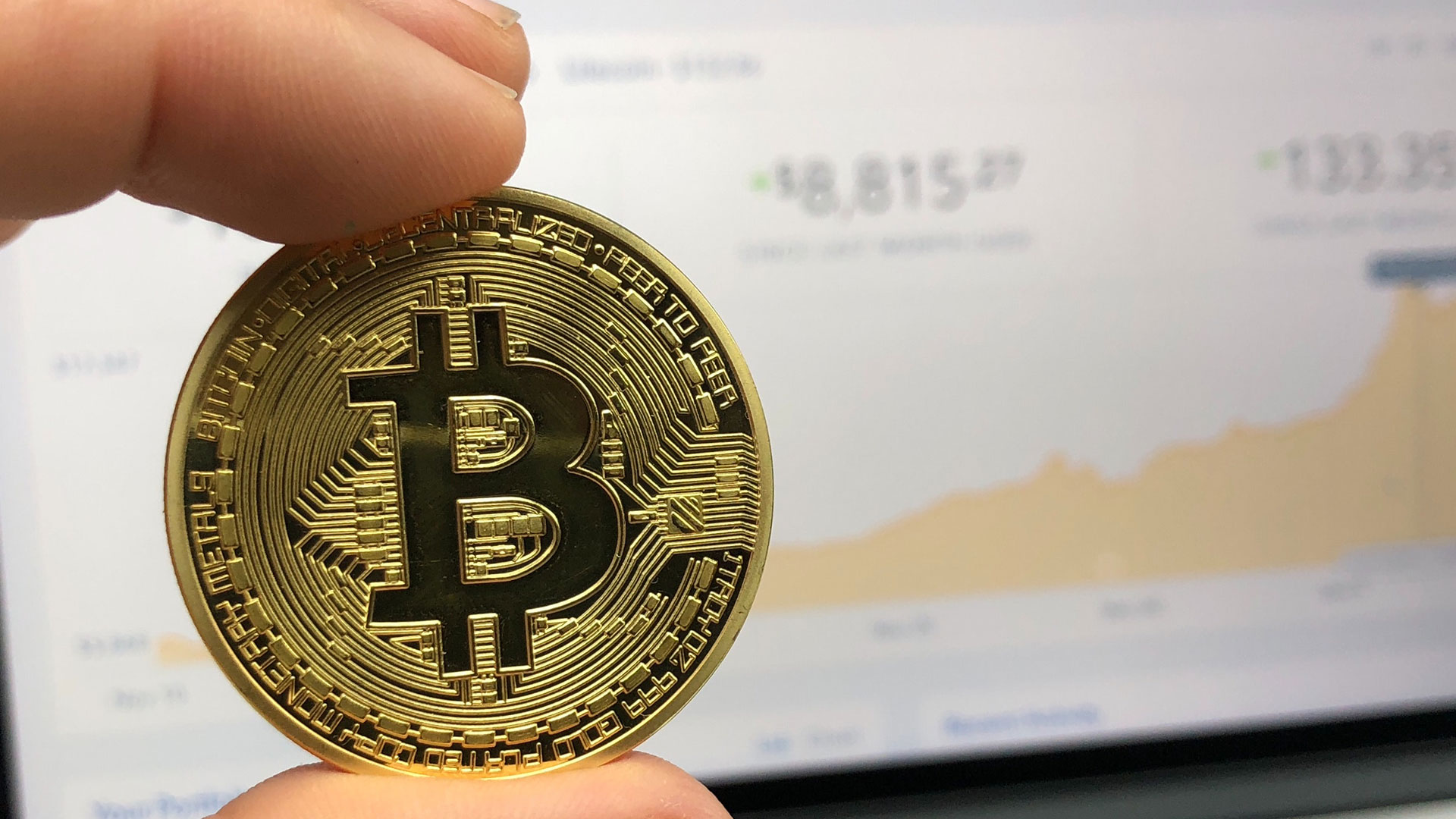Explore more

Imagine a world with very little physical cash. One where the central bank deals only in digital currency.
Fintechs handle loans. Physical queues for tax benefits and handouts are a thing of the past. Money matters are conducted via your mobile in a matter of minutes, and you may not even have to reach for your wallet.
It seems provocative. Unimaginable even. But it may very well happen in the next decade or so. Countries like China, where non-cash transactions account for almost 60 percent of its Gross Domestic Product (GDP), certainly seem to be on their way.
In recent years, consumers have also shown a fascination with emerging fintech, like bitcoin and cryptocurrency. And this has led to a growing appetite.
A form of decentralised digital currency, cryptocurrency is widely seen as an exciting, new speculative tool. Its disruptive impact is one of the reasons why most governments are looking to regulate it, rather than clamp down on it.
However, with its relative risks and prohibitive cost, countries with stable financial institutions and a sound central bank, such as Singapore, may be less inclined to view cryptocurrency as a game-changer.
We’ve all heard the phrase ‘cash is king’, but in this new climate, one wonders about its relevance.
The reality is that cash will always have a place in the financial ecosystem, even where digital currency dominates.
Besides a low holding cost and an immunity against cyber-attacks, its unique advantage lies in the anonymity and convenience it affords those who wish to carry out perfectly legal, but private, transactions.
In this brave, new cashless economy, how will countries find that sweet spot between cash and digital currency?
To download the full report on Reimagining Money, please click the following:
Singapore Property: Room to Upgrade